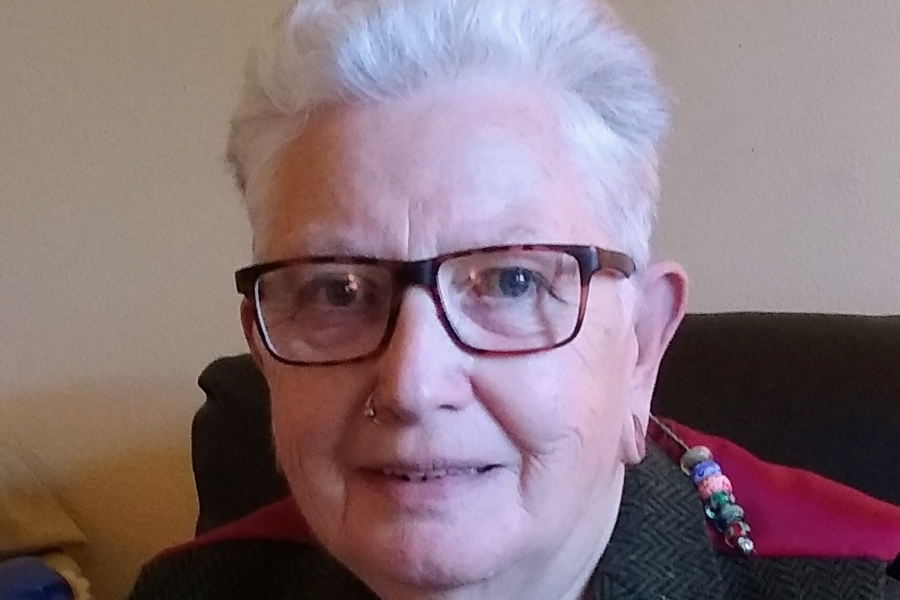
SCOTTISH scientists have discovered changes in the areas of the brain associated with emotion in patients with “broken-heart syndrome”.
Researchers from the University of Aberdeen also discovered changes in the level of brain activity in areas known to control the beating of the heart in people living with the mysterious Takotsubo syndrome.
People with the syndrome suffer from a sudden form of acute heart failure which is estimated to affect as many as 5000 people in the UK each year, most of them post-menopausal women.
Symptoms are much like those of a heart attack and although the arteries leading to the heart are not blocked patients can suffer from similar complications.
The causes of Takosubo syndrome are not fully understood however it is often brought on by a period of emotional or physical stress such as the loss of a loved one – hence the nickname broken-heart syndrome.
Dr Hilal Khan, clinical research fellow at the University of Aberdeen, was involved in the research.
He said: “For years we’ve known that there is a link between the brain and the heart, but the role this plays in Takotsubo has been a mystery.
“For the first time we’ve revealed changes in the brain regions that are responsible for controlling the heart and emotions.
“We hope that with more research we can determine which treatments are the most effective.”
The scientists looked at the brains of 25 patients who had suffered from Takotsubo syndrome within the previous five days before an MRI scan was taken of their brain.
They found that there were decreased connections in various areas of the brain when compared to healthy people.
They now plan to conduct follow-up scans on the same patients to track the syndrome’s progression in the brain.
Carol Duncan, 73, from Aberdeen, was one of the patients involved in the study.
She was admitted to intensive care with Takotsubo syndrome after her brother fell ill.
She said she was delighted to be part of the research: “Because Takotsubo can be triggered by an emotional event, there is a misconception that it is just in your head.
“Knowing that researchers saw measurable changes in my scans makes me feel that we are getting closer to Takotsubo being considered a physical condition.
“I am so pleased to have taken part in this research. It really gives me hope that scientists are moving towards fully understanding, and better treating this misunderstood condition.”
Professor James Leiper, associate medical director at the British Heart Foundation, said the research was “significant” in helping them understand more about the condition.
He said: “Our understanding of the condition is still in its infancy, and so it is vital that we learn more about this neglected area of cardiology.
“This research is a significant step forward in our understanding of how the brain and the heart are intricately linked in this enigmatic condition, and how an emotional event can lead to heart failure.”







